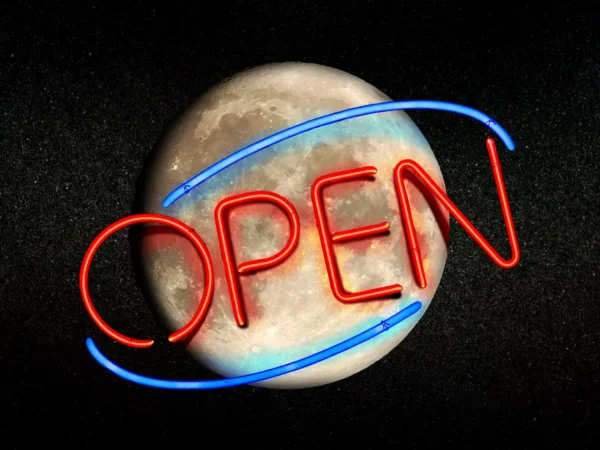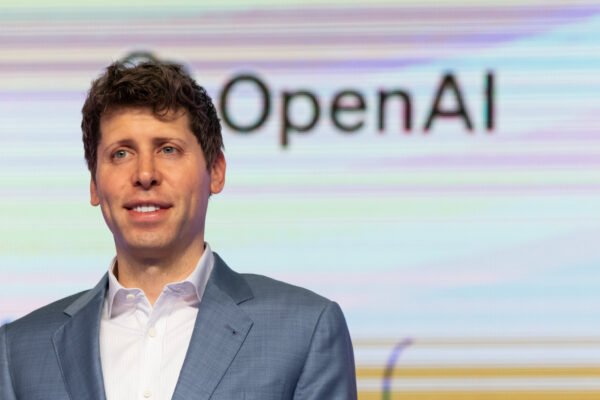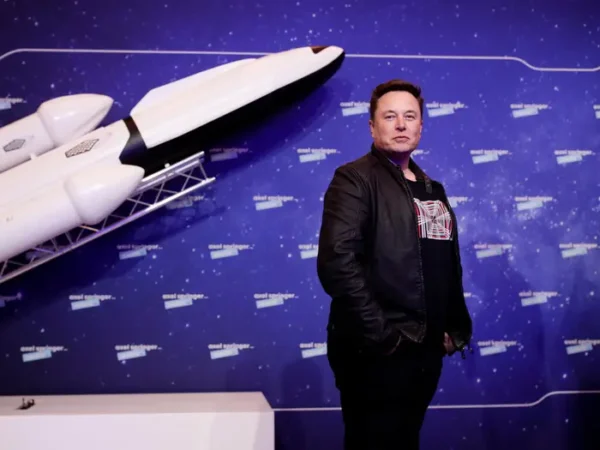
ByteDance, Space X, OpenAI. According to new research, these are the three most valuable startups on Earth. Even if at least one is fixated on getting us off the planet.
Respectively priced at an eye-watering $225billion, $180billion, and $100billion, these three companies are worth more than the GDP of most countries — just about beating Thailand, Singapore, Austria, Denmark and Finland. And doubling the economic output of Portugal and New Zealand.
It’s impressive, if you like huge numbers. But what does this analysis, conducted by Instant Offices, really tell us about the world today, and ourselves? Other than the fact that tech is far and away the fastest growing money-making sector out there.
Well, for one thing, sadly, patriarchy is alive and well. Only five of the Top 50 global unicorn businesses are founded by women, mirroring other studies that show just 8% of CEOs are female, and it took until this year for those in top positions to outnumber men in charge of companies who are named John.

Topping the list of most valuable women-led firms is Melanie Perkins’ go-to for graphic design, Canva ($25.4billion), then Xiaohongshu, AKA Chinese Instagram, AKA Little Red Book, launched by Miranda Qu and now worth a cool $20billion. These two are followed by artificial intelligence corp Anthropic, co-founded by Daniela Amodei and currently valued at $16.05billion.

Taking a closer look at what these companies do, another trend stands out. ByteDance, like Xiaohongshu, is a Chinese social media giant. In 2012, it launched the hugely divisive video-based app, TikTok, a platform which leapfrogged then-leading networks like Facebook in just a few years, before making governments in the US and UK paranoid it could be a Trojan horse helping Beijing get a better grip on Western data.
SpaceX, meanwhile, has bigger plans than a platform for people to share their clips, including a potential manned mission to Mars departing within the next decade. The main issue here is that Elon Musk’s company keeps violating environmental regulations, including the Clean Water Act, with a recent report by the Texas Commission on Environmental Quality flagging repeated infringements such as dangerous pollutants leaking into bodies of water. The fact that this is impacting the sacred ancestral sites of local tribes is another red flag.

OpenAI is making almost as many enemies, maybe more. One of the biggest names in artificial intelligence, its ChatGPT programme is remarkable, but also rings alarm bells across many industries, professionals panicking because it automates computer coding and code checking, music production, writing, social media posts, can summarise dense text, and solve maths problems almost instantly. We seem split over whether this poses a threat to livelihoods or a game-changing time-save. Either way, the smart brains are demanding urgent regulation of AI before it becomes self-aware and starts building near-indestructible killer robots. Or launches its own news website, gallery, record label and software development house.
What stands out about all these ‘unicorns’ is that each has disrupted the world, and they’re all controversial. More so, fundamentally, we don’t necessarily need them. Social media is useful and fun, but it’s also toxic, soul-sapping and wildly addictive. Space exploration is important — at some point, humans must get off this rock because it’s lifespan is limited. But there are widespread concerns SpaceX is flying us towards the commercialisation of our cosmos. AI, of course, is revolutionising everything from healthcare to transport and energy. But OpenAI’s most valuable innovation to date could be seen as undermining creativity — a key part of human identity. How beneficial it will be to civilisation in the long run remains to be seen.
So, what does this say about us? To be honest, we shudder to think.
